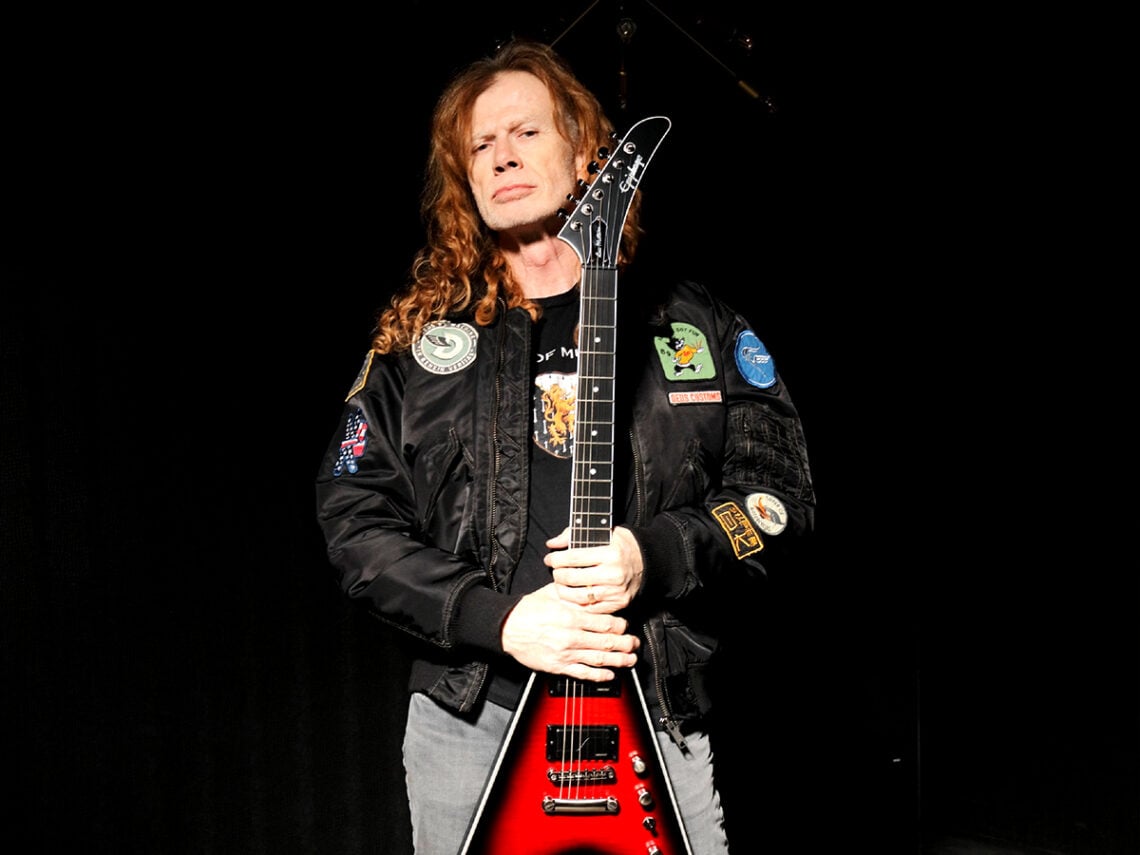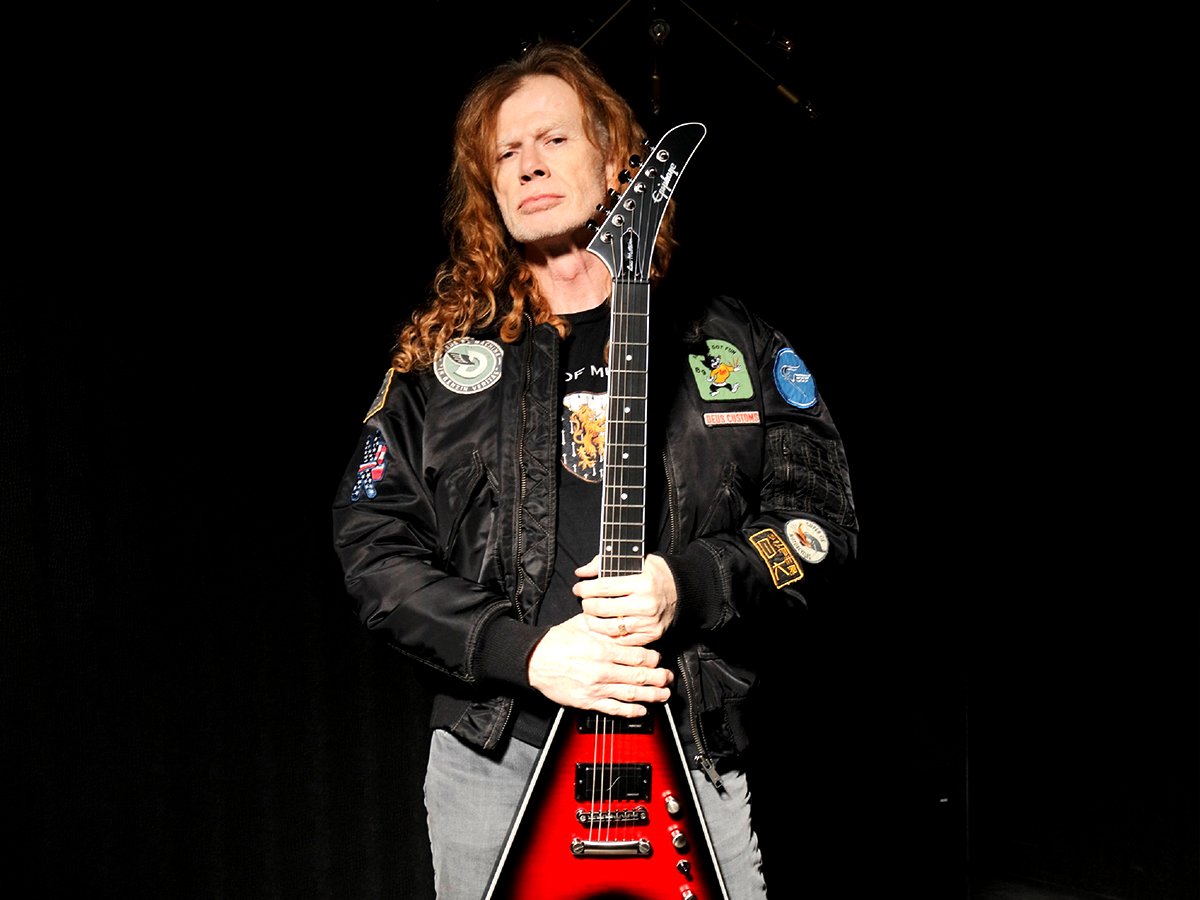
(Credits: Far Out / Press)
Wed 17 September 2025 6:00, UK
Sitting alongside Metallica, Slayer and Anthrax, Megadeth formed the scene’s Mount Rushmore during the 1980s, or the ‘Big Four’ of thrash metal.
Naturally, a strong sense of rivalry pervaded the riotous peak, particularly between Megadeth and Metallica, to one-up the other, which gave us some of the genre’s quintessentially bold and adventurous records.
It was also a time when heavy metal began to splinter in definition, with some bands choosing to adopt a style far more intense and driven by extreme noise, technical musicianship and high-tempo riffs, and these four acts rode the wave with precision.
However, after almost two decades at their respective highs, things began to change within the musical landscape, and their records were largely considered to be downgrades from their earlier celebrated works. Given what Megadeth albums like Peace Sells… But Who’s Buying? and Rust in Peace did for the world of metal, it was disappointing for fans to receive records like Risk by the late 1990s, especially falling short of the reliability they had built until this point.
That said, guitarist Dave Mustaine believes that this 1999 record in particular is perhaps unfairly treated next to the rest of their material, and the fact that “the music populace were liking a different kind of music” pushed them in a direction dramatically away from everything they’d been pushing before. Their creative decision to write tracks that sat safely within a more alternative rock world was generally criticised by fans as a sign of the band being too cautious, and the irony of the album being called Risk was that there were virtually none taken on the album.
In a 2022 interview with SongFacts, Mustaine reflected on this era by stating that one of the tracks on this record was perhaps one of their most underrated as a group, and said it was down to fellow guitarist Marty Friedman’s insistence that they become more melody-focused as a group, taking cues from other alternative bands of the era, such as Dishwalla. “He really liked Dishwalla,” Mustaine recalled. “I liked one of their songs too, but I wasn’t willing to become an alternative-sounding band. And that’s not a dig on those guys at all, because I liked their song they used to play on the radio all the time.”
Despite this, he said that they were “still continuing to make concessions to Marty’s desire to be more melodic and more alternative-sounding”, which drove them further down the road-yet-untraversed, and it led to one song from the record that stands out to him. “I think one of the best songs I’ve ever written, as far as drama is concerned, like a picture within a song, is ‘Wanderlust’,” he asserted, claiming that the lyrics, singing and the climax to the song stand up there with the band’s finest work.
It may come from an era where Megadeth’s creative spark was somewhat stifled by an urge to push things in a different direction, but Mustaine’s contention that ‘Wanderlust’ still sticks out against the turgid alt-rock of the album that it came from rings true, and it’s perhaps the black sheep of their low era as a group in that they made this sound work for them.
Related Topics

